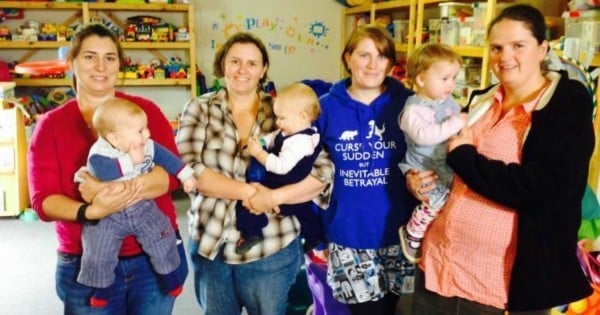
By social affairs correspondent: Norman Hermant
The Australian Capital Territory is the best place to be a mother in Australia, while Queensland is the toughest, according to the first ever State of Australia’s Mothers report released by the NGO Save the Children.
The report looked at a series of factors to rank the best and toughest states and territories in which to be a mother.
The ACT is followed by Western Australia, Victoria, New South Wales and South Australia. The Northern Territory and Tasmania tied for sixth place, and Queensland finished at the bottom of the rankings.
“Where you are living in Australia, regardless of your cultural background, regardless of your income, you shouldn’t have to do it tough compared to others when you’re a mum,” said Annie Bodmer-Roy, one the report’s co-authors.
“We’re in Australia. We’re amongst the best in the world when it comes to being a mum at a national level. That shouldn’t change regardless of where you live.”

